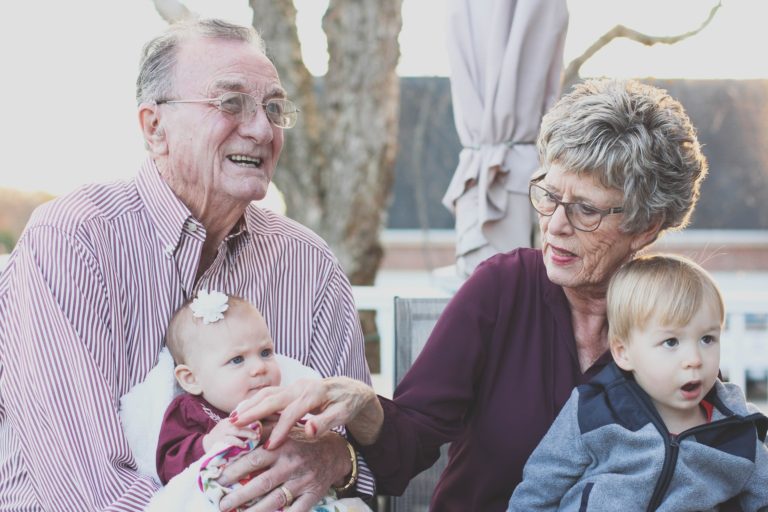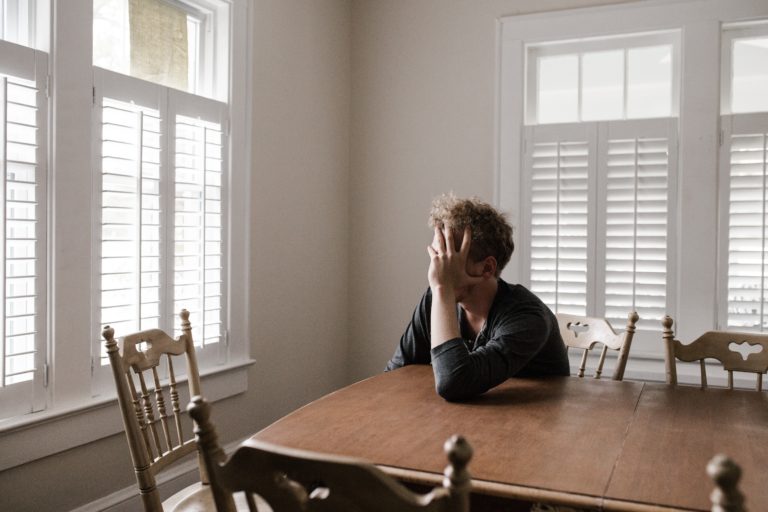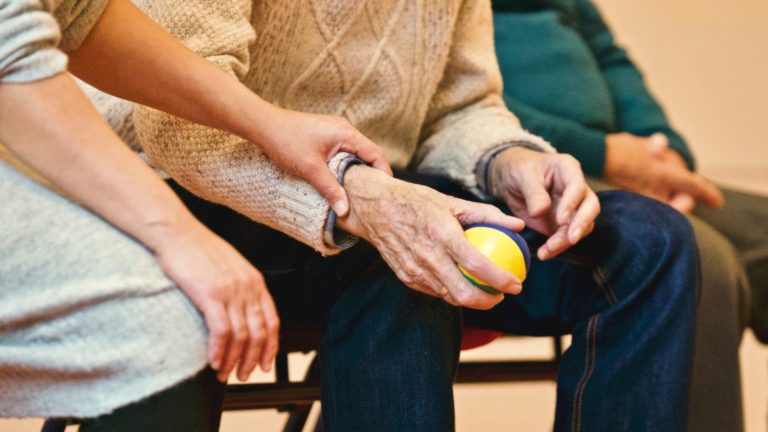
How Do I Keep My Spendthrift Son-in-Law from Getting the Money I Give my Daughter in My Estate?
Say that you were to name your daughter as the beneficiary on your Roth IRA and 401(k) accounts, as well as your house and other investments. Her husband would not be a beneficiary.
His only source of income is a monthly stipend that he receives from a trust and earned income from being a rideshare driver. He has at least $5,000 in credit card debt.
Can Mom use a “bloodline trusts” to prevent her son-in-law from inheriting or getting her money when she dies?
Nj.com’s recent article entitled “Can I protect my daughter’s inheritance from her husband?” explains that “bloodline trusts” were created for this very reason.
Note first that retirement assets can’t be re-titled to a trust. However, a home can be, and investments can be, if they’re not tax deferred.
For assets that can’t be re-titled to the bloodline trust during your lifetime, you can name the trust as the payable-on-death (POD) beneficiary of those assets.
You also should take care in deciding on who you choose as a trustee.
In the situation above, depending on applicable law for your state of residence, the daughter may not be the sole trustee and the sole beneficiary under this form of trust arrangement. However, in all instances, a bank or attorney can be a co-trustee.
This trust arrangement ensures that assets distributed to the daughter aren’t commingled with the assets of her husband with extravagant tastes and an open checkbook. In addition, those assets would not be subject to equitable distribution in the event of a divorce.
If the daughter is the sole trustee over a bloodline trust, then all the planning will be out the window, if the daughter does not agree to this set-up.
For example, if she takes distributions from the trust and deposits them in a joint account with her husband, the money is available for equitable distribution.
This means the daughter arguably has indicated that she does not think of her inheritance as a non-marital asset.
A divorce court would see it the same way and award a portion to the husband in a break-up.
Reference: nj.com (July 21, 2020) “Can I protect my daughter’s inheritance from her husband?”









